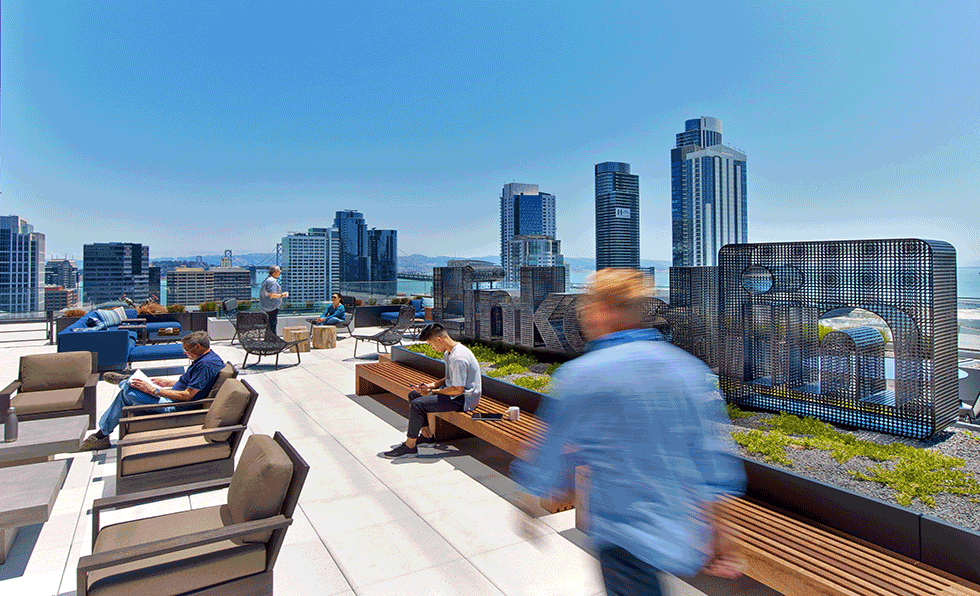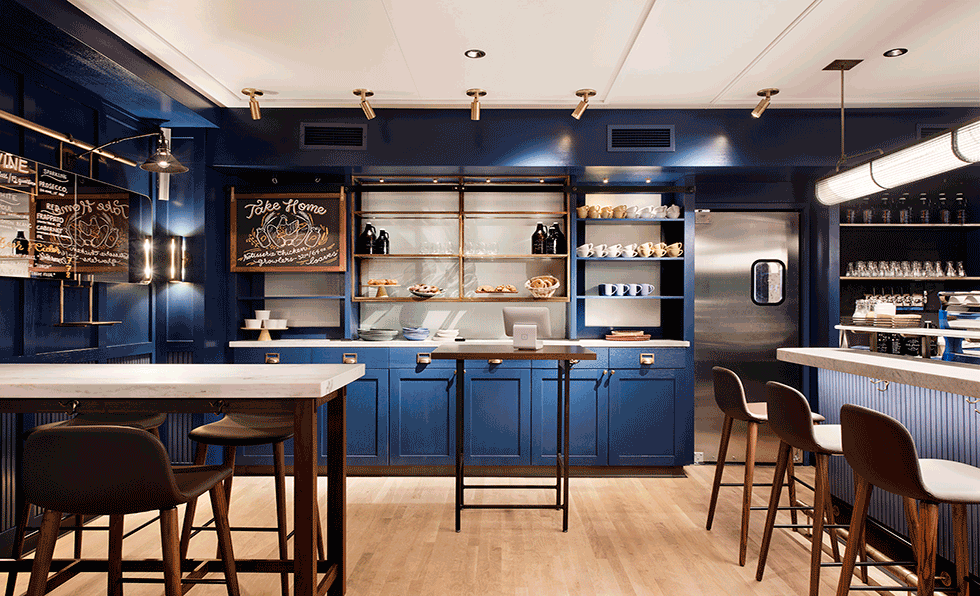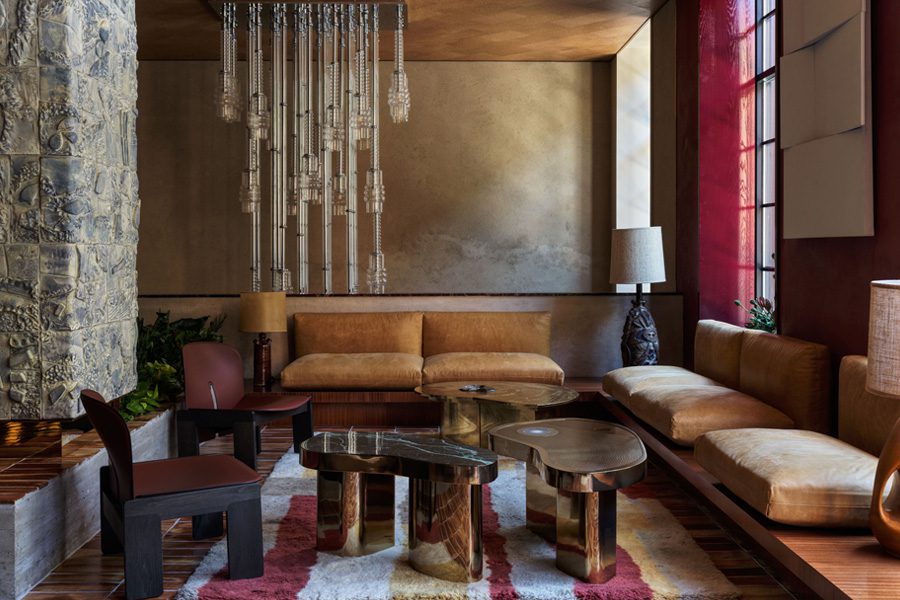Danny Meyer abandons no-tipping policy he pioneered, the Wythe Hotel in Brooklyn converts guestrooms into office space, and the hotel industry pushes Congress for a specific hotel-related relief package. All this and more in this week’s Five on Friday.
A Brooklyn hotel converts rooms into office space

During the height of the coronavirus pandemic in New York, the 70-room Wythe Hotel in Brooklyn’s Williamsburg neighborhood donated rooms to frontline workers, but as hospitalizations in the city continue to fall, the hotel was looking for a new way to make money. One of those ideas was to convert empty guestrooms into office space, something hotels across the U.S. have been considering as demand has slowed, reports Fast Company. Partnering with short-term office space company Industrious, the Wythe has transformed one floor into 13 offices. With beds removed and furniture rearranged, the workspaces can accommodate up to four people, starting at $200 a day. While the concept fits our COVID-19 era, it also signifies the changing office landscape as companies have seen the benefits of allowing employees to work from anywhere.
The hospitality industry pushes Congress for a hotel-specific relief fund

While the airline industry has received federal aid in the wake of COVID-19, hotel owners have not benefitted from a similar program. Skift reports that many executives in the hotel industry are lobbying for hotel-specific stimulus as the House and Senate work to pass another coronavirus relief package before the summer ends. “If they’re not able to get something done, we’ll have a serious problem on our hands,” American Hotel & Lodging Association (AHLA) CEO Chip Rogers said. “As people stop taking vacations [in the fall], if there’s no business travel and a lot of forbearance and forgiveness—which is usually offered in 90-day terms—come due, expenses will go up, and revenue will go down in a scenario where many are already struggling to break even.” The hotel industry’s unemployment rate is just over 43 percent, with nearly five million U.S. leisure and hospitality jobs lost since February.
Is this the end of the five-day office week?

The New York Times predicts that most offices in the U.S. won’t go back to having their employees in the office five days a week even after the pandemic wanes. A new survey by Morning Consult shows the majority of workers prefer a work-from-home model; only 14 percent said they would want to return to the office every day. According to The Times, the ideal work setup is a hybrid model—with time at home used for focused work and office days meant for collaboration and brainstorming. Yet, the paper points out, this will be hard to achieve as the coronavirus continues to ravage the U.S. and physical distancing and staggered scheduling are still recommended.
Danny Meyer reverses no tipping policy at his restaurants

In last week’s Five on Friday, we reported that many restaurants were implementing no-tipping policies pioneered by restauranteur Danny Meyer. This week, however, Eater reports that Meyer is reversing his policy in his New York restaurants, citing an unpredictable future for the industry as the reason. The change will introduce a new revenue-sharing system for the staff at Union Square Hospitality Group restaurants, with Meyer pledging to share restaurant revenue with kitchen staff who will also receive a 25 percent pay increase on average. Other restaurateurs who initially followed Meyer’s no-tipping lead, including Andrew Tarlow, Gabe Stulman, and Claus Meyer, have also reversed course on their tipping policy.
United in Design founders promote diversity in the industry

Alexandria Dauley of Dauley Design and Sophie Ashby of Studio Ashby have partnered for the United in Design initiative. Unveiled earlier this month, the program aims to increase diversity in the interior design industry both in the UK, where they are both based, and elsewhere. In an interview with HD, the pair discuss their mission and its future as inclusivity becomes a priority for the industry. “Our aim is to face inequality head on and provide actionable avenues for change,” says Dauley. “We hope to play a part in making interior design an accessible and obtainable career choice, by working with the industry to tackle the obstacles preventing this—correcting the balance and leveling the playing field.”


